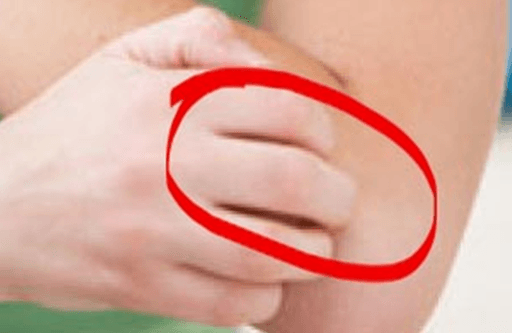What is Heart Disease? [The REAL Causes!]
Heart disease has long been considered a disease of modern lifestyles, exacerbated by unhealthy eating habits and sedentary routines. However, in this captivating examination, Dr. Tom Biernacki highlights the enduring presence of this ailment throughout human history.
Research indicates that heart disease dates back centuries, with evidence rooted in studies of ancient civilizations. Historical records suggest arterial disease cases emerged as early as the 1700s, with both Italian and British scientists documenting artery wall lesions in their scientific endeavors during the 1760s.
Furthermore, examinations of mummies from Peru, Egypt, and the Iceman, preserved from 5000 years ago, revealed calcified plaques in their arteries, suggesting that heart disease concerns stretch back to pre-modern times.
Scientific findings from mummies and the Iceman indicate that heart disease predates the modern food diet and industry.
While modern diets packed with high fructose corn syrup, processed foods, and saturated fats now contribute to rising heart disease rates, ancient peoples also faced different contributing factors. Through cooking methods like open fires, they inhaled significant smoke, potentially accelerating coronary issues in earlier cultures.
Coinciding with an increased focus on heart health, medical innovations surged with procedures like coronary artery bypass graft and percutaneous coronary interventions, significantly reducing mortality from heart attacks. Consequently, heart disease deaths started a steady decline from the peak days of the 1960s and 70s.
Despite this particular decline, heart disease remains at the forefront of global health concerns, primarily due to rising obesity and diabetes rates. Around the globe, diet changes and less physically demanding jobs fuel this uptick, posing new challenges moving forward.
Prevention transcends advancements in treatment, with resistance training emerging as a key measure to reduce the risk of heart-related illnesses by 20%. Adding cardiovascular exercises can enhance these protective benefits up to 40%. Lifestyle improvements play a crucial role. Changes including better sleep, healthier diets, and managed stress levels significantly enhance heart health.
While heart disease is not solely grounded in contemporary dietary patterns and lifestyles, navigating modern risk factors is paramount. Continued exploring of historical patterns paves the way for modern interventions, emphasizing a holistic health approach that pairs medical treatments, exercise, and diet as the cornerstone of managing heart disease.
From Around The Web
Wellness Inbox is a blog & weekly newsletter that curates trending news and products related to health and wellness from around the web. We also gather content from various sources, including leading health professionals, and deliver it directly to you.
Please note that we may receive compensation if you purchase any products featured in our newsletter. Wellness Inbox is not affiliated with, nor does it endorse, any health professionals whose content may appear in our newsletter. The information provided is for general informational purposes only and should not be considered medical advice.
The information provided is not intended to replace professional medical advice, diagnosis, or treatment. All content, including text, graphics, images, and information available is for general informational purposes only. We do not guarantee the accuracy or completeness of any information presented and assume no liability for any errors or omissions. The content is subject to change without notice. We encourage you to verify any information with other reliable sources and consult your physician regarding any medical conditions or treatments.







